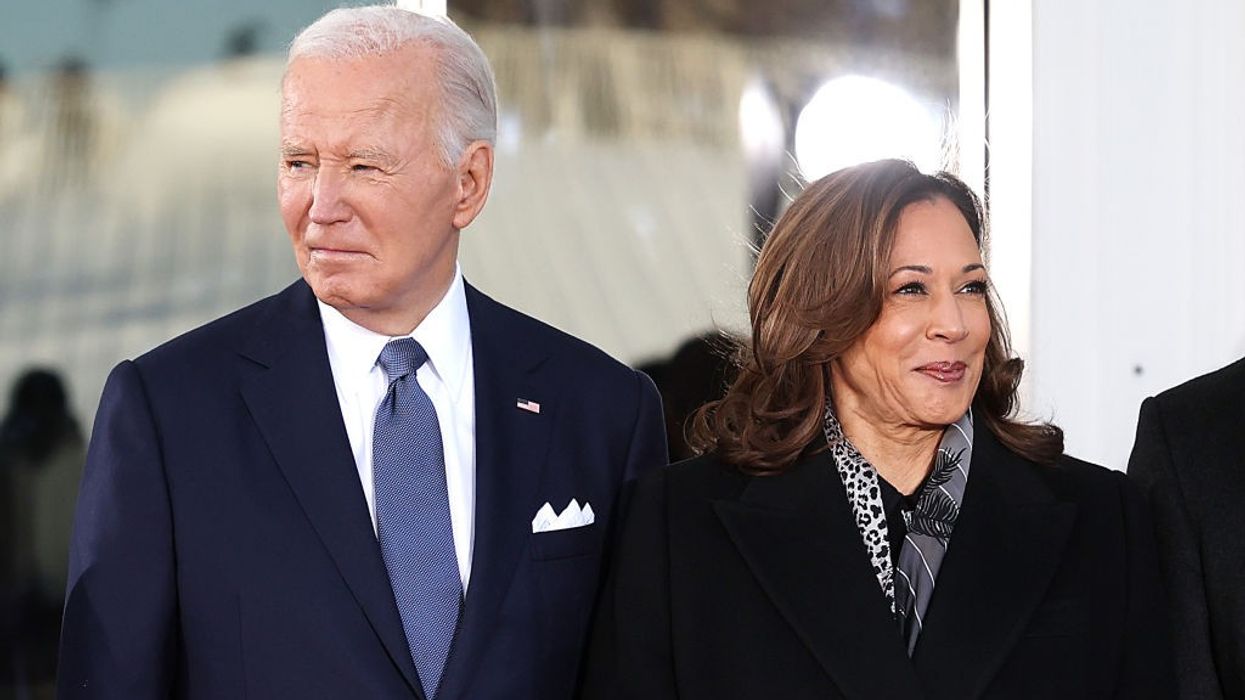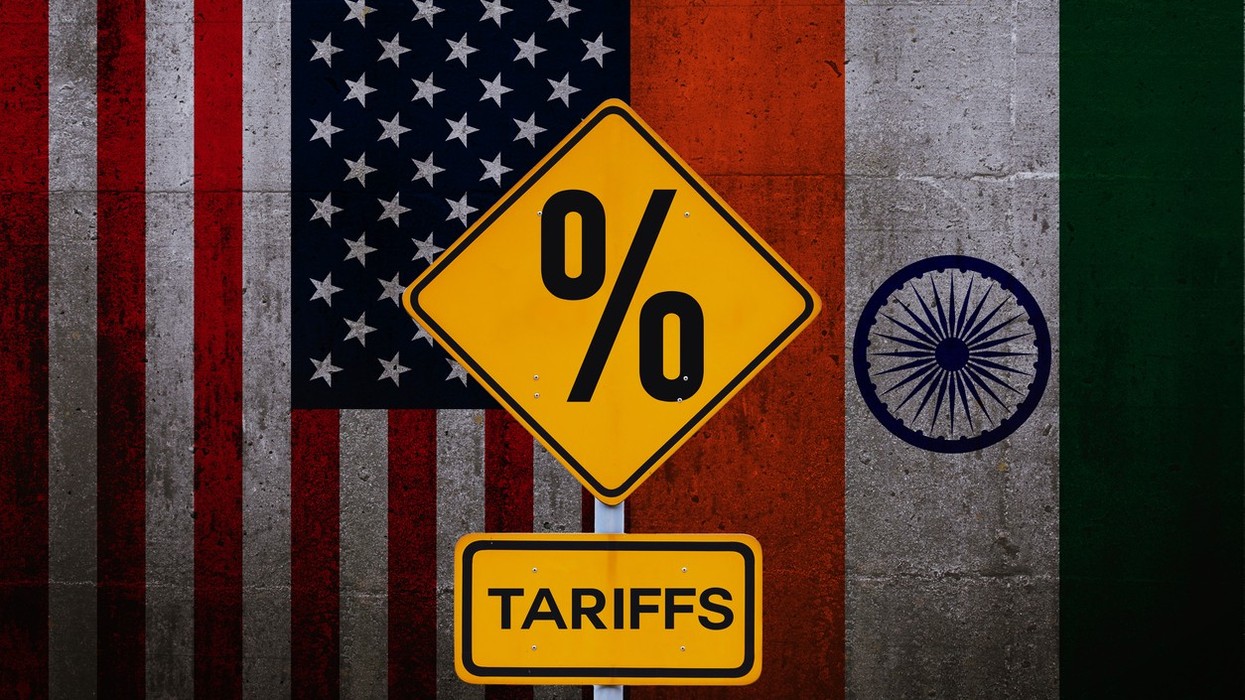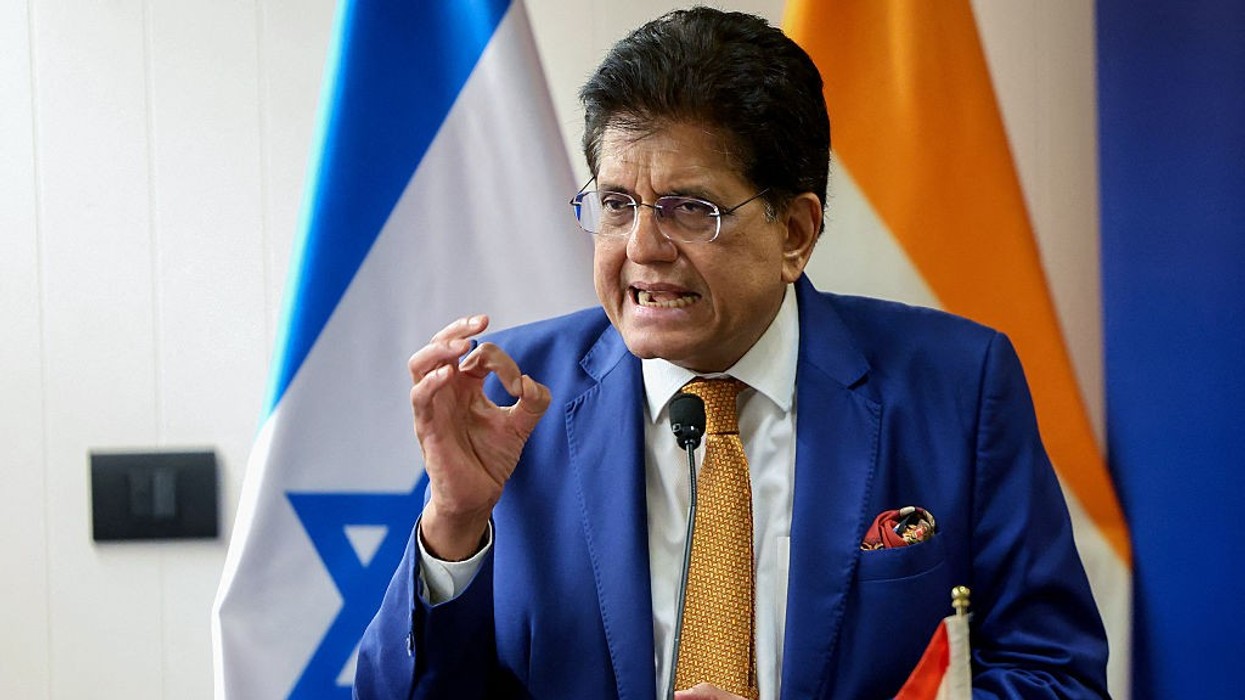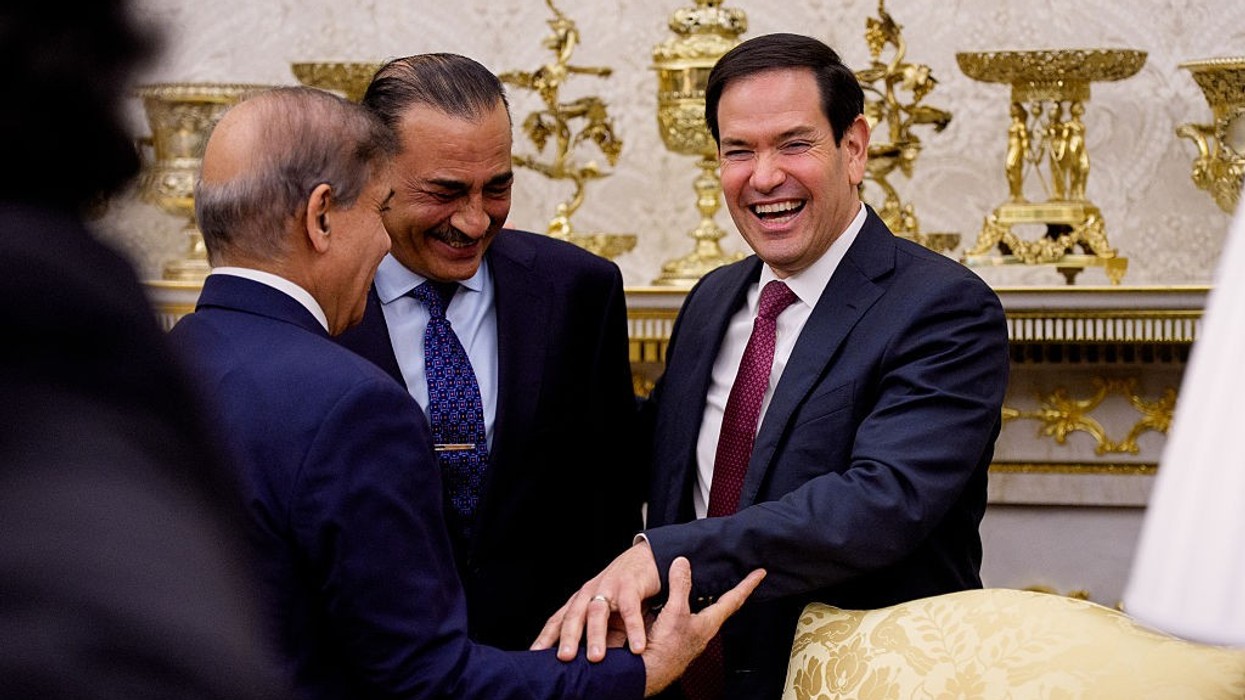Highlights:
- Harris brands Biden’s 2024 re-election run as “recklessness,” not grace.
- Says Biden’s age showed in fatigue, stumbles, and verbal slips.
- Denies conspiracy but admits staff shielded Biden’s vulnerabilities.
- Accuses Biden’s inner circle of undermining her vice presidency.
- Memoir title 107 Days refers to her short presidential campaign.
Former US vice president Kamala Harris has described it as “recklessness” to allow Joe Biden to pursue a second presidential term despite growing concerns about his age and stamina. In excerpts released Wednesday from her forthcoming memoir 107 Days, Harris reflected on the turbulent 2024 election that saw Biden withdraw mid-race and her own brief but unsuccessful presidential bid against Donald Trump.
Biden’s age and decline
In her memoir, Harris acknowledges Biden’s strengths but stresses that by 2024, his age had become an unavoidable factor. Then 81, he was prone to fatigue, physical stumbles, and verbal slips that exposed his vulnerability on the national stage. “On his worst day, he was more deeply knowledgeable, more capable of exercising judgment, and far more compassionate than Donald Trump on his best,” Harris wrote. “But at 81, Joe got tired. That’s when his age showed.”
The decision to let Biden decide for himself whether to run again, Harris now believes, was a costly mistake. “We all said, ‘It’s Joe and Jill’s decision,’ as if we’d all been hypnotized. Was it grace, or was it recklessness? In retrospect, I think it was recklessness. The stakes were simply too high.”
The turning point
The breaking point for Biden’s candidacy came during a disastrous debate with Trump in mid-2024. His faltering performance amplified questions about his ability to serve a second term and triggered intense pressure for him to step aside. In July 2024, Biden stunned the country by withdrawing from the race, creating an unprecedented political shift with just months to go before the election.
Harris quickly emerged as the Democratic replacement candidate but had only a little over three months — 107 days — to mount a viable campaign. The memoir’s title reflects this historic sprint, the shortest presidential campaign in modern U.S. political history.
Frustrations with the White House
Harris also uses the memoir to air grievances about her time as vice president. She accuses Biden’s inner circle of actively obstructing her and failing to protect her against unfair coverage. “When the stories were unfair or inaccurate, the president’s inner circle seemed fine with it. Indeed, it seemed as if they decided I should be knocked down a little bit more,” she writes.
One area of particular contention, Harris recalls, was immigration policy. She said she “shouldered the blame” for Biden’s troubled border strategy, which Republicans—including Trump—capitalized on during the campaign. This dynamic, she argues, allowed critics to portray her as ineffective while shielding the president from direct accountability.
A short, historic campaign
Despite stepping into the race with the weight of history on her shoulders, Harris faced a daunting challenge. She had less than four months to introduce a policy vision, unify Democrats after Biden’s withdrawal, and counter Trump’s momentum. Ultimately, she lost decisively in November 2024, as Trump secured a return to the presidency.
Yet her memoir underscores not just the brevity of her campaign, but also her lingering frustration over how decisions made inside the White House weakened both Biden and her own standing. For Harris, the key takeaway is that leaving the 2024 race entirely in Biden’s hands — rather than confronting the risks of his age and capacity — was “recklessness” with lasting political consequences.
















